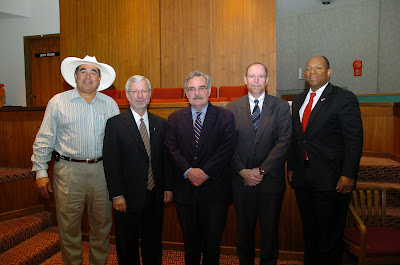
Collegiate Environmental Sustainability Conference
Spelman College, Atlanta, Georgia
October 23-24, 2008
Now more than ever, economic and environmental benefits are critical to the sustainability of institutions. Energy efficiency, indoor air quality, water conservation, smart land use and more are essential components for a healthier campus. Remodeling and building with sustainable materials to meet the needs of growing campuses are key to reducing the impact on the environment, health, and resources. Environmental decisions now affect us economically later.

Make the right environmental decisions: join EPA and Spelman College in learning the dollars and sense of Going Green. Learn about benefits, success stories and resources available for Colleges and Universities. The window of opportunity is now!
Click here to receive electronic updates and further conference information. Check back often, information will be updated as it becomes available! Sponsored By: US EPA Region 4 and Spelman College







